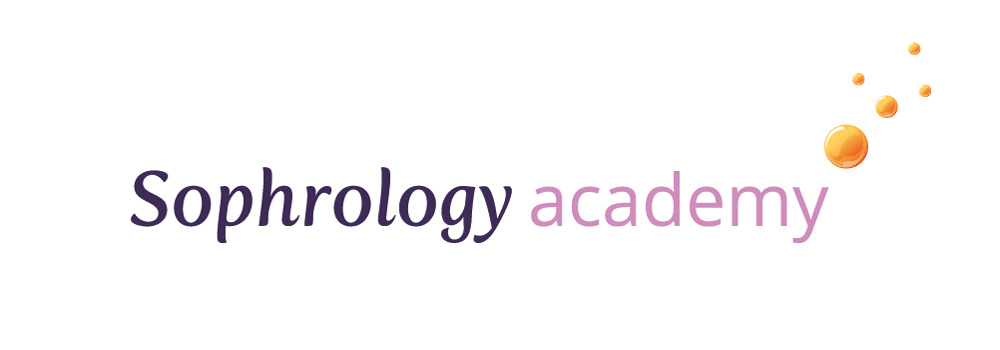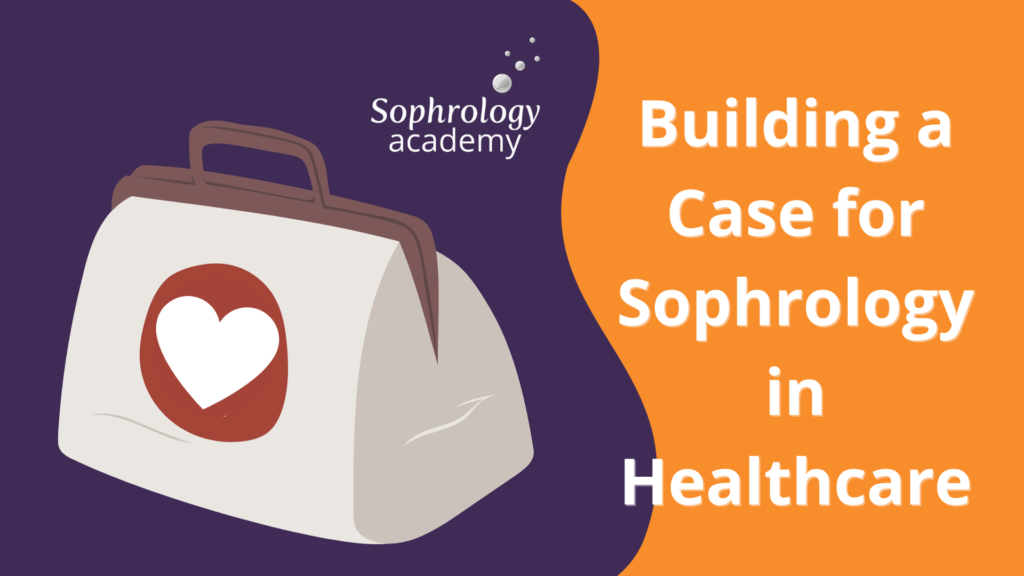We have seen incredible advancements in healthcare emerge over the last few decades. Pharmaceuticals and technologies are now better than ever at preventing, halting – or even reversing many of the illnesses that we complex organisms can experience.
As a result, we seem to have wholeheartedly adopted the medical model of illness, meaning that we often see our conditions as something to ‘get fixed’; we are ‘done to’, rather than the ‘doers’, and are missing a huge piece of the healthcare puzzle in the process.
That missing piece is the amazing potential that we hold ourselves, to take a direct hand in our own wellbeing. And, as the demand for healthcare outstrips capacity, it seems we might be opening up to other solutions to help our health along.
More and more, we are beginning to look within for answers, asking ‘what can I do?’
Connecting with Ourselves through Sophrology
Sophrologists love that question, as the answer is ‘a lot.’ The Sophrology method works by enabling us to reconnect with our inner resources and capacity for healing, and reawakening our innate wisdom to help us live better with what we can’t change. Rather than focusing on a health problem directly, Sophrology aims to release the tensions and anxiety around it. And, through focusing on, and strengthening, what is positive and healthy in our minds and bodies, we are better equipped to work more positively with our health issues.
Healthcare professionals know just how important it is for their patients to understand the potential they have to play a part in managing their health. That’s why, alongside the necessary healthcare treatment they provide, many add to their skills with methods that help to support and empower their clients to get more involved in their wellbeing. And Sophrology, combining meditation, mindfulness and dynamic relaxation techniques, is an ideal method for achieving this.
Health is more than ‘Wellness’
Finding a way to regain our connection with ourselves can be the key to changing much more than just our health. In her book, “Humanising Healthcare”, Margaret Hannah discusses how, by establishing a healthy relationship with ourselves, others, and the world, we restore our connection with life.
“Health is not just the absence of disease but something much more dynamic. Healthy people have a positive sense of vitality; they feel truly alive, and live in connection with others and the world. In other words, when healthy, we are living in equilibrium, giving and receiving warmth and attention to and with each other. The energy and information flowing through and between us are in balance; we feel calm and coherent. Life makes sense.”
In places where Sophrology has grown, the message that health is much more than physical wellness, has become an accepted – and lived – wisdom, by those who practice it.
Sophrology in Integrative Medicine
France has a long and trusted relationship with Sophrology, and the techniques are commonly used across a wide range of medical settings. In the Hospital of Toulouse, it is used in palliative care, whilst in Rouen, Normandy, Sophrology techniques are used in the oncology units to help reduce pain.
Similarly, Sophrology is used in Tours, Luxembourg, Strasbourg and Reims, before and after surgery, as a means of helping patients relax and gain more control over their minds and bodies to reduce stress and pain, and to aid recovery. In fact, the Marie Curie Centre in Paris, has found Sophrology methods to be associated with a reduction in anxiety and pain in patients undergoing chemotherapy and interventional radiology. This is just one of many studies which show similar effecst for other medical treatments.
Perhaps unsurprisingly, the breathing techniques, meditation and dynamic relaxation exercises used in Sophrology also lend themselves perfectly to expectant and delivering mothers. In Bordeaux and Saint-Etienne, it is offered routinely in maternity settings; by learning to breathe through the pain and reduce stress during childbirth, labour is easier on both mother and baby. Importantly, too, the mother can be more ‘present’ in that special moment when their child comes into the world.
Focusing on Body and Mind in Healthcare
The UK, in comparison, is rather far behind France in terms of integrating complementary methods into mainstream healthcare. If we are to make effective changes to how we deliver care, decision-makers must recognise the importance of the whole person in health and wellbeing, (Read our blog on Leadership and Sophrology) as well as the critical role that patients can play.
Sophrology does this effectively, complementing medical treatments by using all facets of the individuals’ being, such as sensations, thoughts, and feelings. This enables them to create a harmony of body and mind, strengthening their resilience to cope with illness, with the full capacity of their whole being.
Particularly now, as healthcare services groan under the strain of declining budgets and interminably long waiting lists, those left in ‘limbo’ are in dire need of support that promotes their sense of agency, and belief in their capacity to live well. Again, the simple techniques used in Sophrology are ideally suited to this aim, able to be adapted to fit the needs of the individual, and requiring no special equipment. In this respect, the method makes sense as a supplementary healthcare tool – not only from the perspective of the individual but as it offers a strong business case too.
Prevention is Better than Cure
However, even the most innovative ideas in healthcare, need the capacity to succeed, and prevention is a critical factor in managing healthcare demand. Again, Sophrology has much to offer. Learning to control how your mind and body respond to stressors, such as illness – before we are ill, can help us to cope with issues as they arise, and make decisions that respond directly to our needs – even when things may not go as we had hoped.
Self-regulation, and ‘Navigating’ our way through Life
Margaret Hannah raises the issue of what we do when reality falls short of our expectations, whether in health or in our lives in general. She suggests that we can learn to ‘navigate’ our way through situations if we can attain a sense of calm and clarity to answer the question “How do I want to live this?”. Crucially, in answering this question, we are taking back a sense of control over how we manage a situation, and this has far-reaching benefits for us – well beyond our immediate health.
Self-regulation in Stress
Unmanaged chronic stress can have serious long-term consequences on our physical and mental health, with studies now showing that it is associated with the body being unable to regulate its inflammatory response. Stress, alone, then, can give way to the development of other illnesses, whilst also exacerbating existing conditions. However, by increasing our ability to self-regulate as a preventative tool, we are more likely to be able to competently navigate difficult situations, reducing our feelings of stress, and keeping our ‘heads above water’ when we feel overwhelmed with life events.
Sophrology as a Practical Wellbeing Solution
With its holistic approach to treating body and mind, Sophrology can directly help those suffering from stress and worry through the combination of relaxation and mindfulness techniques used. It is increasingly being recognised as an effective method with which to learn self-regulation, and manage our feelings of stress. As such, it continues to grow steadily in the UK and is in fact, so widely accepted in other countries that several health programmes accept Sophrology as a standard complementary therapy – with one Swiss Health Insurer reporting a 30% decrease in medical bills with those who had taken up Sophrology training.
Illness is usually never a choice, but how we deal with it, is. And this is the message that needs to be shared and acted upon, throughout the healthcare system.
As healthcare practitioners are increasingly tasked with empowering clients to have more agency in their wellbeing, it’s time to look at how we can reach out more effectively to communities with the right support. And training in Sophrology to share its wisdom with those most in need, is a very good place to start.


